Forgotten but important events of the 1980s
The 1980s were a decade of transformation and innovation, marked by groundbreaking events and cultural shifts. From technological advancements to iconic pop culture moments, the ’80s left a lasting legacy.
This article delves into some of the key highlights that defined this vibrant era. Whether it’s the music that got everyone dancing or the political events that shaped history, the 1980s were a time of excitement and change.
The Miracle on Ice: A Cold War Showdown on Ice

In 1980, the Winter Olympics in Lake Placid, New York, witnessed an iconic moment when the U.S. ice hockey team defeated the heavily favored Soviet team. Dubbed the ‘Miracle on Ice,’ this victory was more than just a sports win; it was a symbolic triumph during the Cold War era.
The unexpected victory captured the imagination of millions and became a defining moment in sports history, showcasing the enduring spirit and determination of the underdog.
The Launch of the First Space Shuttle: Entering a New Space Age
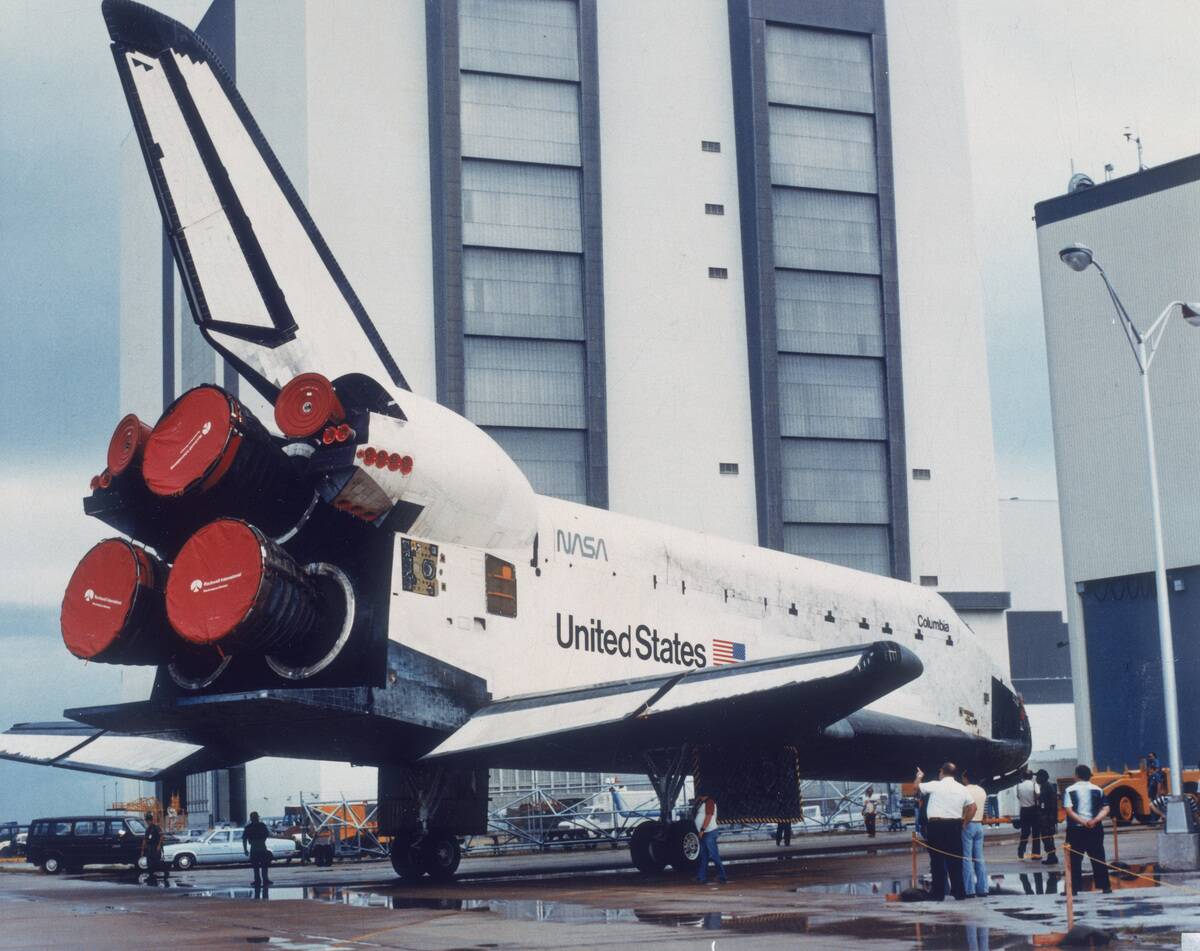
NASA’s space shuttle Columbia made its maiden voyage on April 12, 1981, paving the way for a new era in space exploration. The first reusable spacecraft, Columbia, demonstrated the potential for regular missions to space.
This innovation allowed astronauts to conduct experiments, deploy satellites, and contribute to scientific advancements. The shuttle program inspired a new generation to look to the stars, proving that space exploration was not just a dream, but a tangible reality.
The Rise of Personal Computers: A Tech Revolution Begins
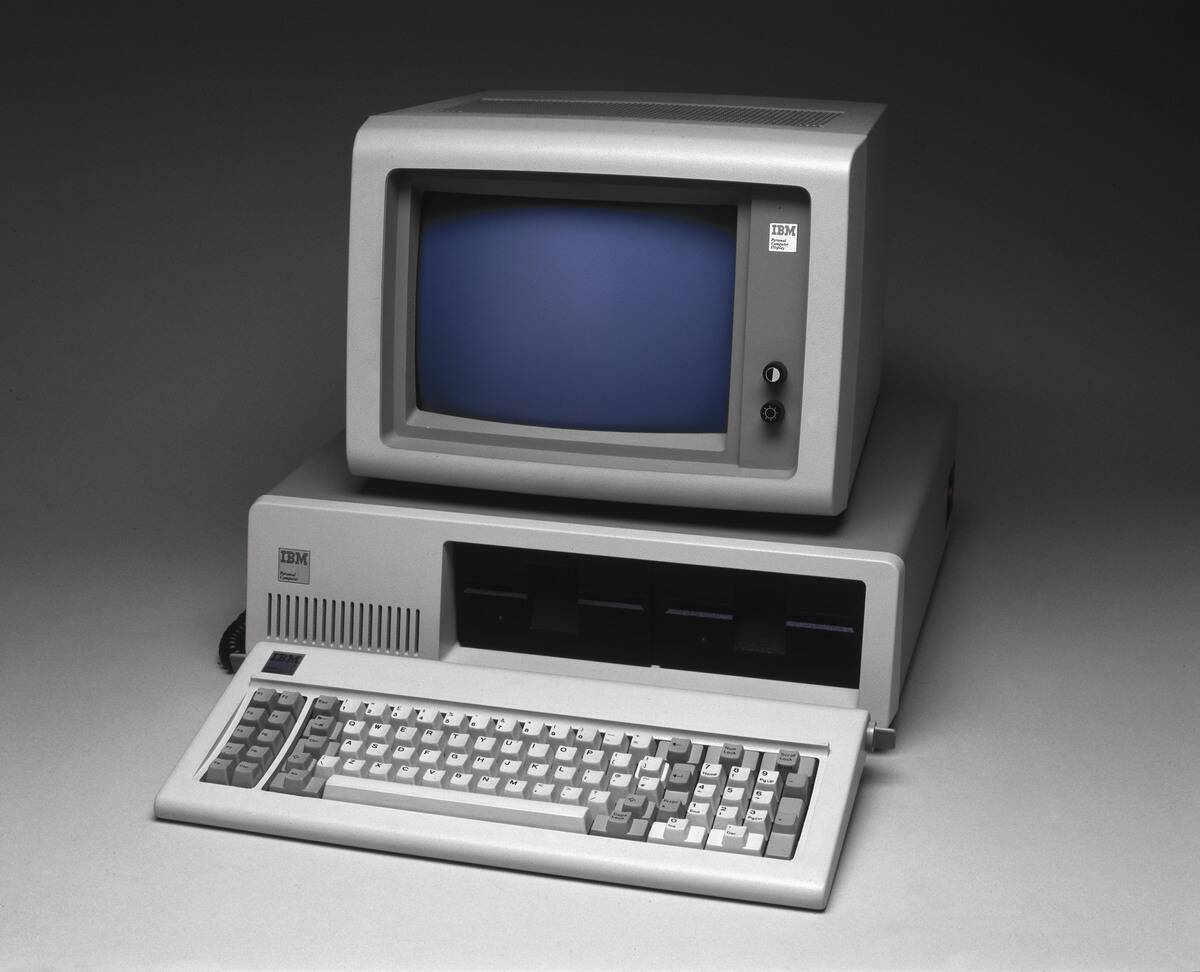
The 1980s saw the rise of personal computers, changing the way people worked and communicated. IBM’s introduction of its personal computer in 1981, along with the growing popularity of Apple, made computing accessible to ordinary people.
This tech revolution allowed individuals and businesses to harness computing power like never before, laying the foundation for today’s digital age. Personal computers became an essential tool, forever altering the landscape of technology and daily life.
The Chernobyl Disaster: Lessons in Nuclear Safety
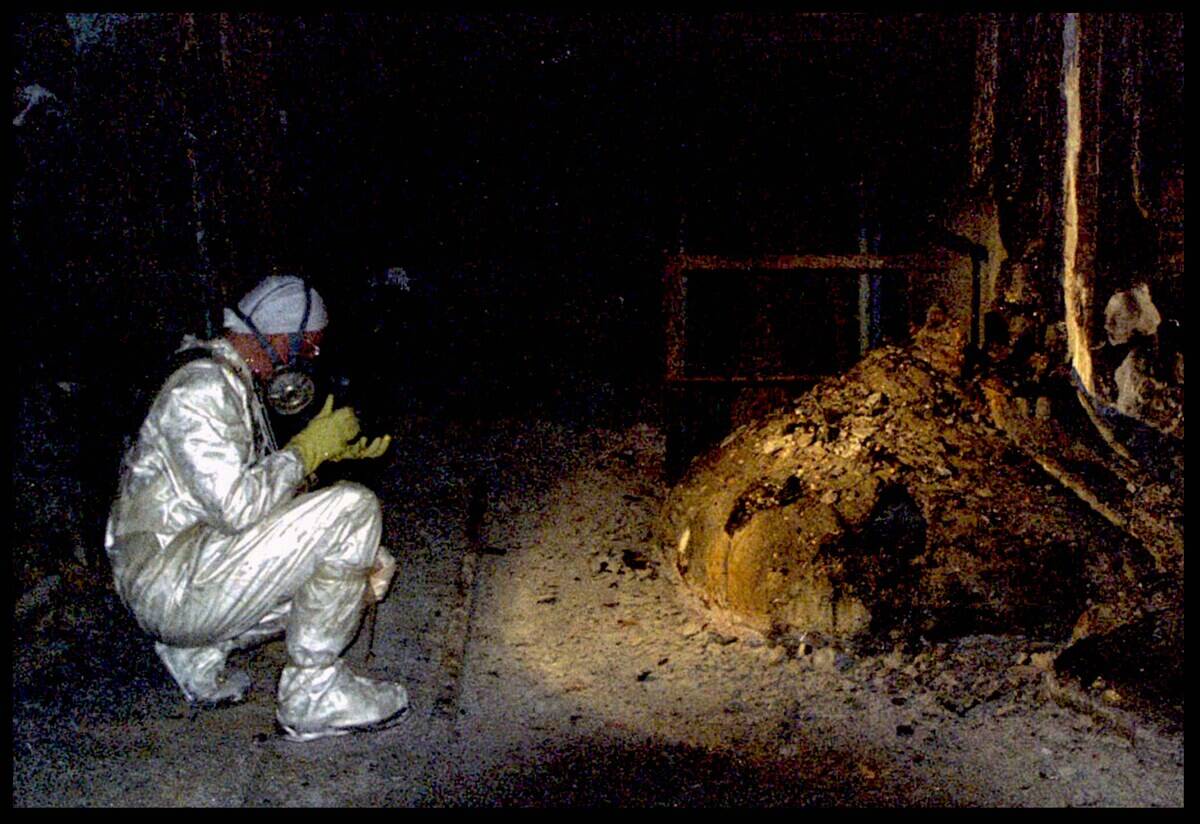
On April 26, 1986, the Chernobyl nuclear plant in Ukraine experienced a catastrophic accident, releasing massive amounts of radioactive material. It was the world’s worst nuclear disaster, leading to widespread health and environmental impacts.
The incident highlighted the need for stringent safety measures and transparency in nuclear energy management. Chernobyl became a somber lesson in the potential risks of nuclear power, prompting changes in policies and emergency response strategies worldwide.
The Launch of the Compact Disc: Changing the Way We Listen to Music
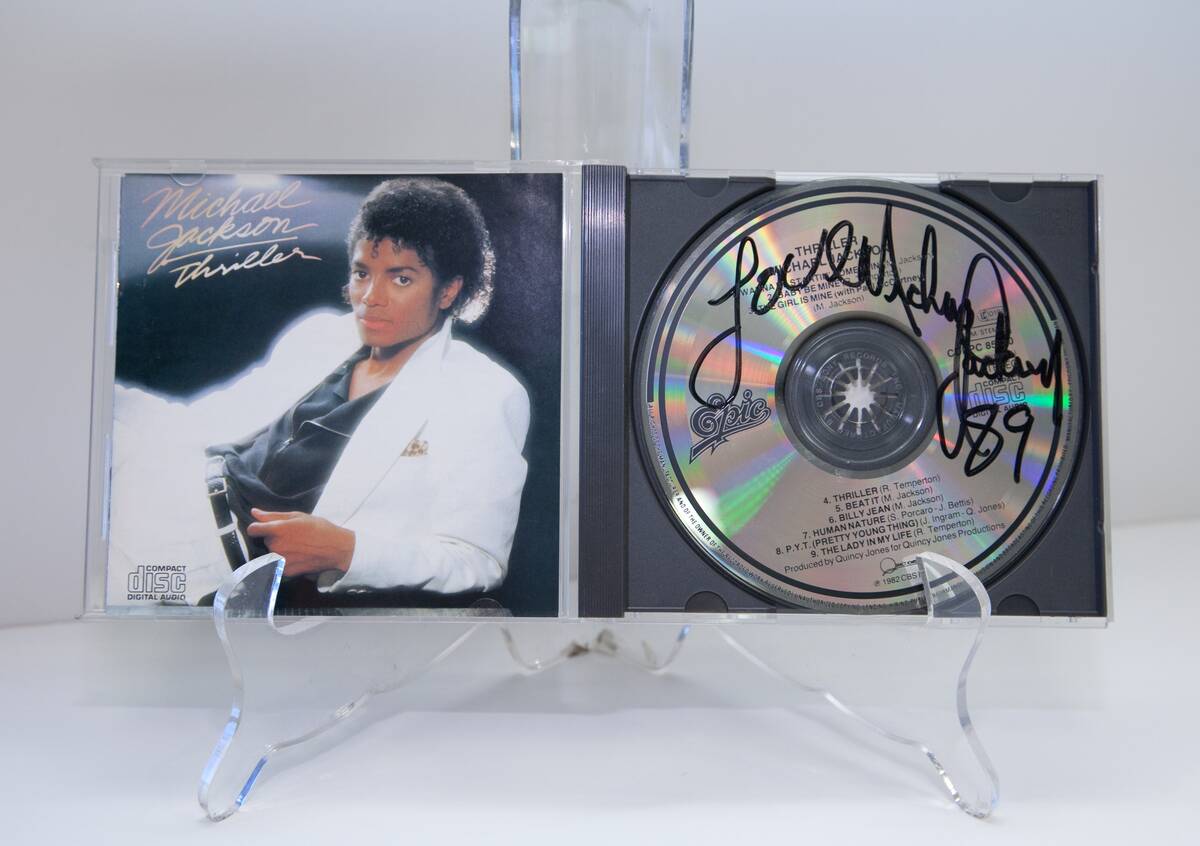
The compact disc, or CD, was introduced to the world in 1982, transforming the music industry. Co-developed by Philips and Sony, CDs offered superior sound quality and durability compared to vinyl records and cassettes.
This innovation quickly became the preferred format for music lovers, leading to the decline of analog formats. The CD’s digital technology paved the way for future developments in media storage and distribution, setting the stage for the digital revolution.
The Eruption of Mount St. Helens: Nature’s Fiery Reminder

Mount St. Helens erupted on May 18, 1980, in Washington State, causing significant destruction and loss of life. The eruption was the deadliest and most economically destructive volcanic event in U.S. history.
It released a massive ash column and triggered a landslide that reshaped the landscape. The event served as a stark reminder of nature’s power and the importance of geological monitoring, leading to advancements in volcanic research and disaster preparedness.
The Introduction of the Nintendo Entertainment System: Gaming Goes Global
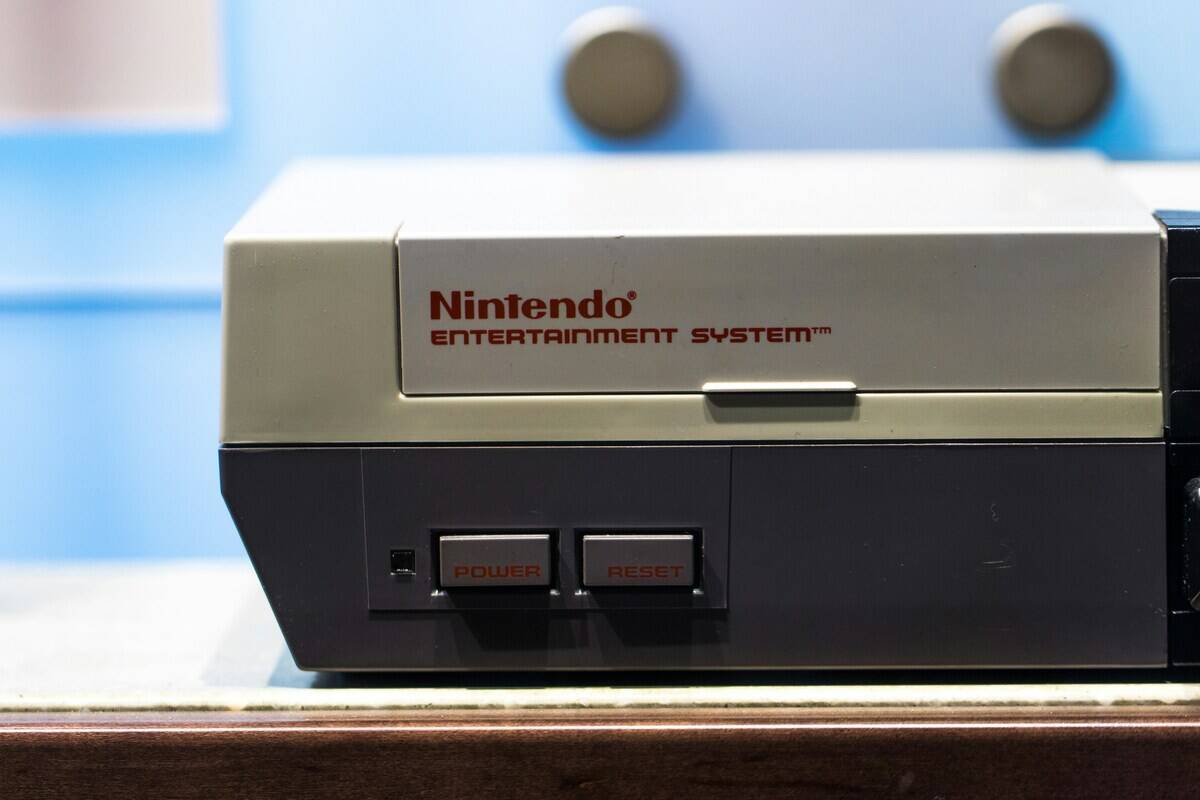
When the Nintendo Entertainment System (NES) hit the U.S. market in 1985, it revolutionized the gaming industry. With iconic games like Super Mario Bros. and The Legend of Zelda, the NES captured the hearts of millions and became a household staple.
The console’s success revitalized the video game market after the crash of 1983, establishing Nintendo as a dominant force in gaming. It marked the beginning of gaming as a mainstream form of entertainment worldwide.
The Iran-Contra Affair: A Political Scandal Unveiled
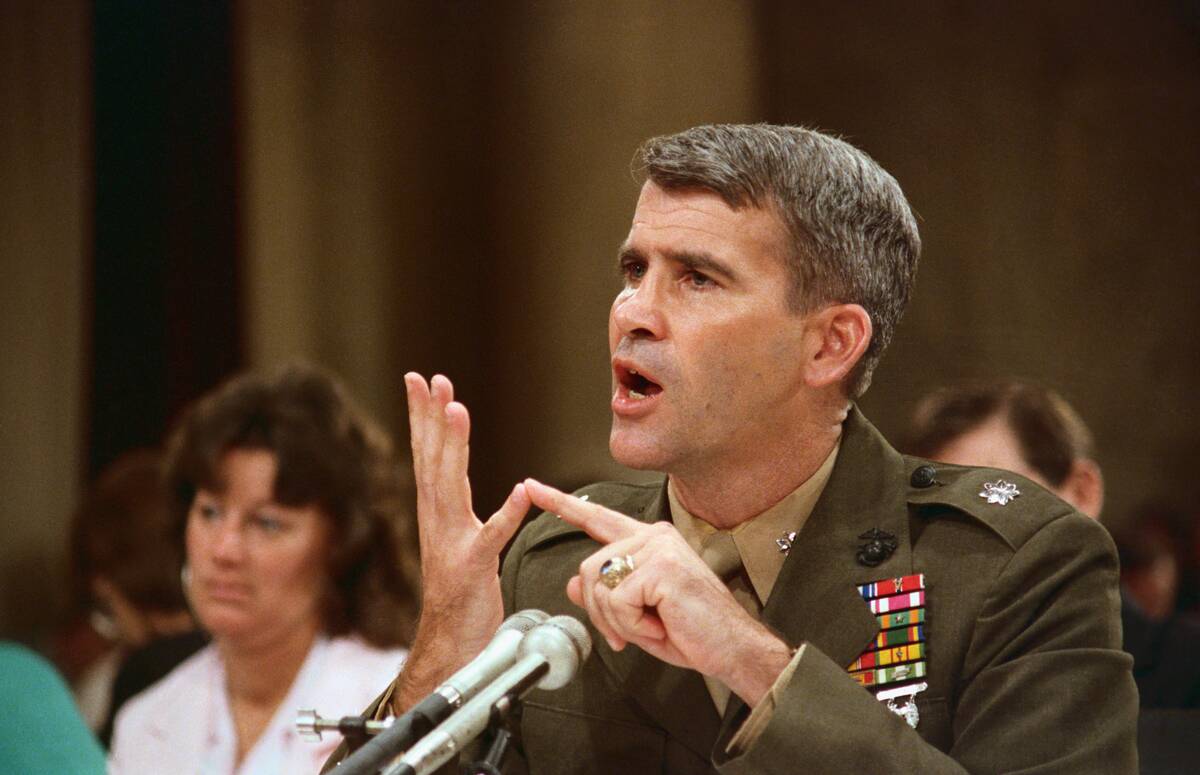
The Iran-Contra Affair was a political scandal in the United States that came to light in the mid-1980s. The scandal involved the secret sale of arms to Iran, which was then under an arms embargo, with proceeds being used to fund Contra rebels in Nicaragua.
This covert operation was unauthorized by Congress, leading to investigations and public outcry. The affair exposed significant issues in government oversight and had lasting impacts on U.S. foreign policy and politics.
Live Aid Concerts: The World Unites for Charity

On July 13, 1985, the world came together for the Live Aid concerts, a global event to raise funds for famine relief in Ethiopia.
Organized by Bob Geldof and Midge Ure, the concerts were held simultaneously in London and Philadelphia, featuring performances by major artists like Queen, U2, and David Bowie. Broadcasted to over a billion viewers worldwide, Live Aid raised millions for charity and demonstrated the power of music to unite people for a common cause.
The Challenger Disaster: A Tragic Day for Space Exploration
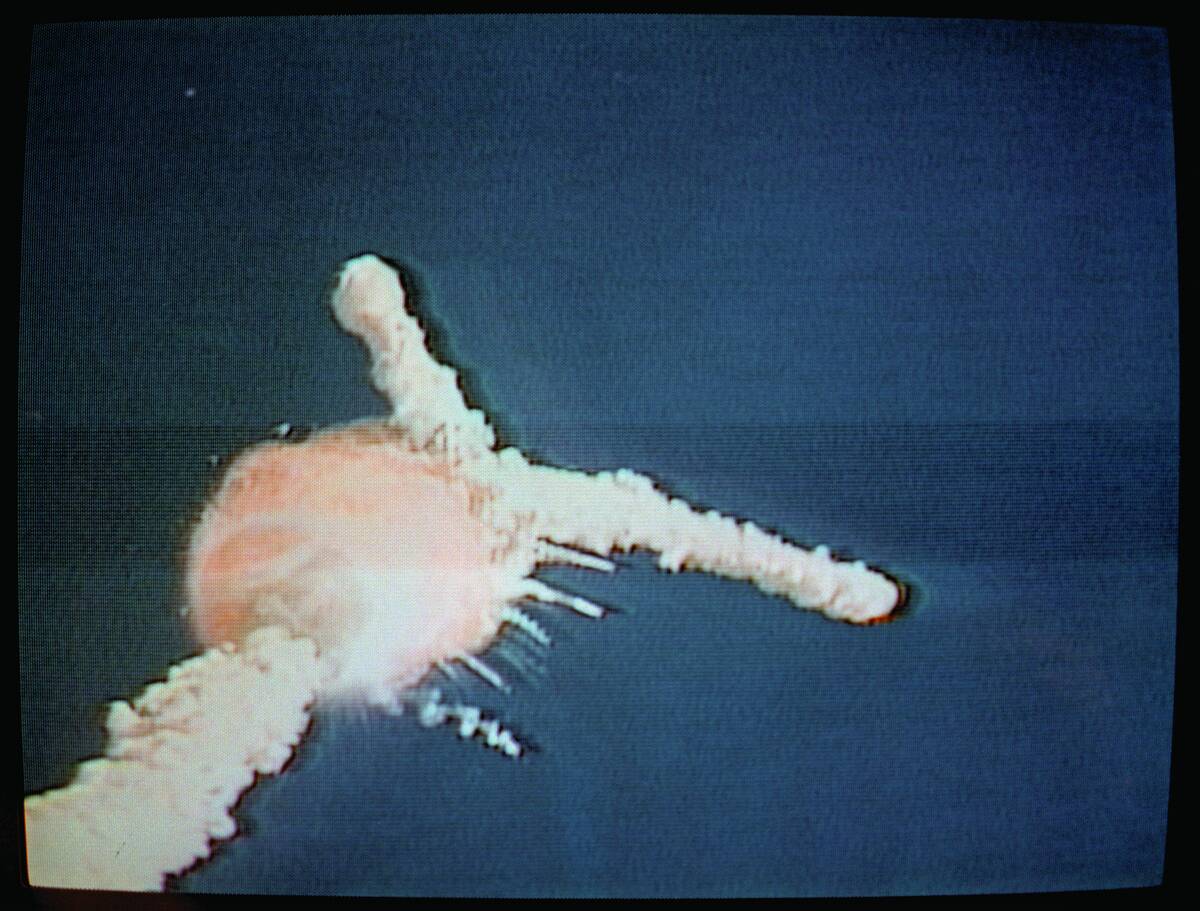
On January 28, 1986, the space shuttle Challenger tragically exploded just 73 seconds after liftoff, resulting in the loss of seven astronauts. The disaster shocked the world and led to a major reevaluation of NASA’s shuttle program.
The incident highlighted the risks of space travel and underscored the need for rigorous safety protocols. Despite the tragedy, the Challenger disaster served as a catalyst for improvements in shuttle design and operation, ensuring the safety of future missions.
The Discovery of the Titanic Wreck: Solving a Historical Mystery
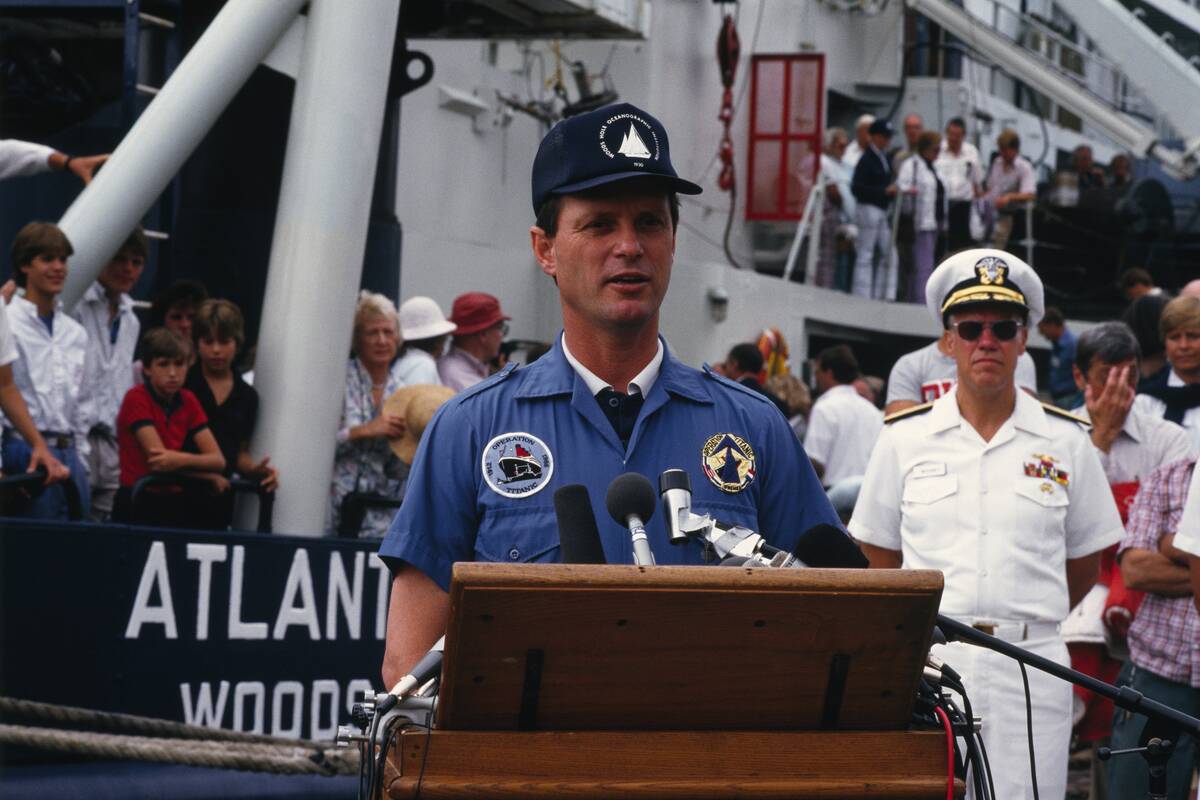
In 1985, the wreck of the RMS Titanic was discovered in the North Atlantic Ocean by a team led by oceanographer Robert Ballard (pictured). The discovery solved a long-standing mystery about the ship’s final resting place, providing valuable insights into the infamous 1912 disaster.
The expedition utilized advanced underwater technology, allowing researchers to capture images of the wreck. The find rekindled interest in the Titanic’s story, leading to numerous documentaries and a renewed fascination with its tragic voyage.
The War on Drugs: A New Front in U.S. Policy

The War on Drugs was a major initiative launched in the 1980s under President Ronald Reagan — though it can be more accurately described as an escalation of Nixon-era policies that had that name attached to them — aimed at reducing illegal drug use and trafficking. This policy led to increased law enforcement efforts and stricter sentencing laws, which had significant social and economic repercussions.
Critics argue that it contributed to mass incarceration and disproportionately affected minority communities. The War on Drugs remains a contentious topic, sparking debates about its effectiveness and impact on American society.
The Launch of CNN: 24-Hour News Becomes a Reality
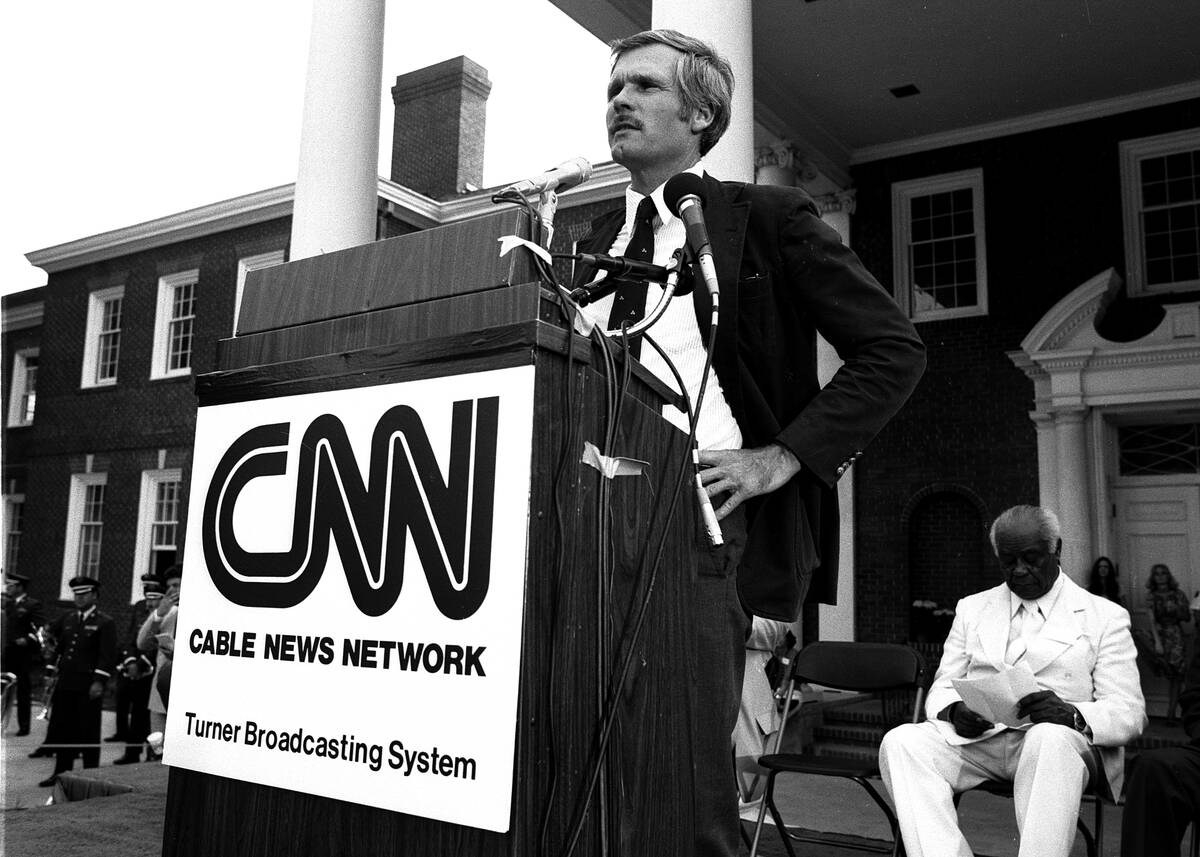
When CNN launched on June 1, 1980, it introduced the concept of 24-hour news coverage to the world. Founded by Ted Turner, CNN provided round-the-clock reporting, changing how people accessed news.
This innovation allowed viewers to stay informed in real-time and set a new standard for news delivery. CNN’s continuous coverage during events like the Gulf War solidified its reputation as a news source, influencing the evolution of the media landscape.



